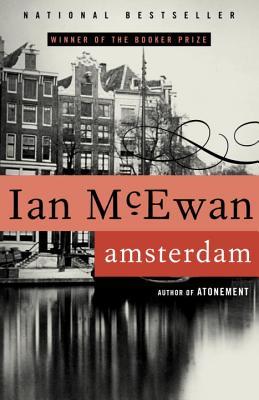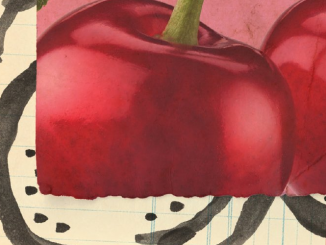
 Amsterdam follows the lives of two former friends, a composer and a newspaper editor, as they navigate a moral dilemma triggered by the death of a mutual lover. The story explores themes of loyalty, betrayal, and personal responsibility in the face of difficult choices.
Amsterdam follows the lives of two former friends, a composer and a newspaper editor, as they navigate a moral dilemma triggered by the death of a mutual lover. The story explores themes of loyalty, betrayal, and personal responsibility in the face of difficult choices.
Author: Ian McEwan
Project: Orpheus – power of music / love and trust
Year of publication: 1981-1999
Pages: 193
Complexity
CEFR: B2
Plot Complexity: moderate
Language Complexity: moderate
Ideas Complexity: moderate
Amsterdam by Ian McEwan can be classified as a Green Label novel. The language used in the book falls within the upper-intermediate level, with moderately complex vocabulary and sentence structures. The ideas explored are thought-provoking, delving deeper into certain themes without reaching extreme intricacy or philosophical depth. The plot exhibits a balanced level of complexity, featuring interwoven story lines and enough twists and turns to captivate readers. Overall, Amsterdam offers a engaging reading experience for those with a B2 (Upper-Intermediate) level of language proficiency.
Blurb
On a chilly February day, two old friends meet in the throng outside a London crematorium to pay their last respects to Molly Lane. Both Clive Linley and Vernon Halliday had been Molly’s lovers in the days before they reached their current eminence: Clive is Britain’s most successful modern composer, and Vernon is editor of the newspaper The Judge. Gorgeous, feisty Molly had other lovers, too, notably Julian Garmony, Foreign Secretary, a notorious right-winger tipped to be the next prime minister.
In the days that follow Molly’s funeral, Clive and Vernon will make a pact with consequences that neither could have foreseen. Each will make a disastrous moral decision, their friendship will be tested to its limits, and Julian Garmony will be fighting for his political life.






Be the first to comment